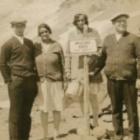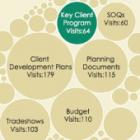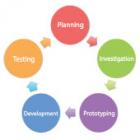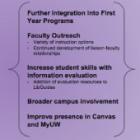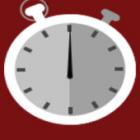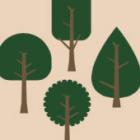
The Oral History Project: Digital Access to US Forest Service Lore
The United States Forest Service has a long history of caring for the land and serving people. A significant part of that history are the foresters themselves: their memories, experiences, and stories. Every National Forest has a Heritage Program and for decades, volunteers and foresters have been collecting oral histories from retirees, volunteers, and their families. Some interviews were written down, others recorded in a variety of formats. The challenge: How to approach the preparation of these materials for storage and public access at the National Museum of Forest Service History.
We worked with the Gifford Pinchot National Forest and the Museum to assess current resources and develop a sustainable process for digitization, storage, and public access. In addition to the immediate needs of the collection, we also wrote internship and volunteer handbooks and developed the business case to help sustain ongoing work at both the local and Museum levels.

